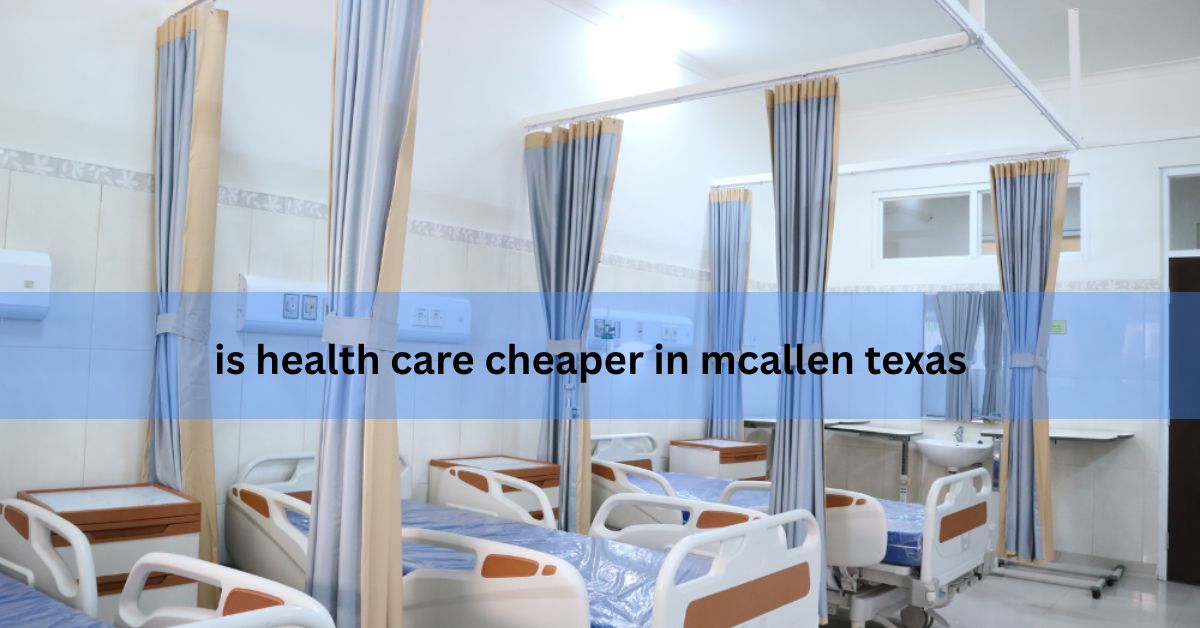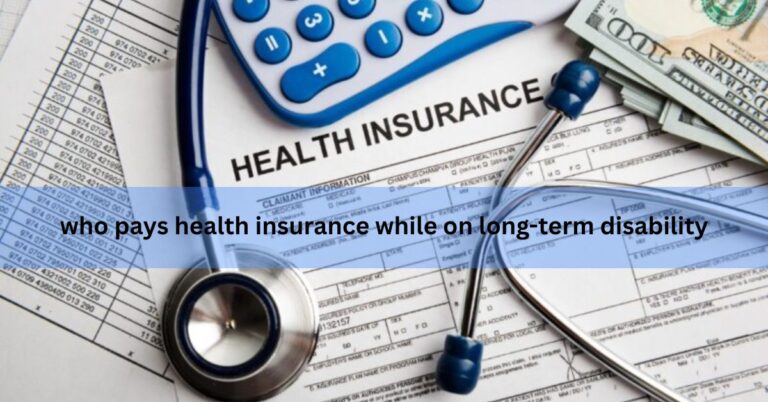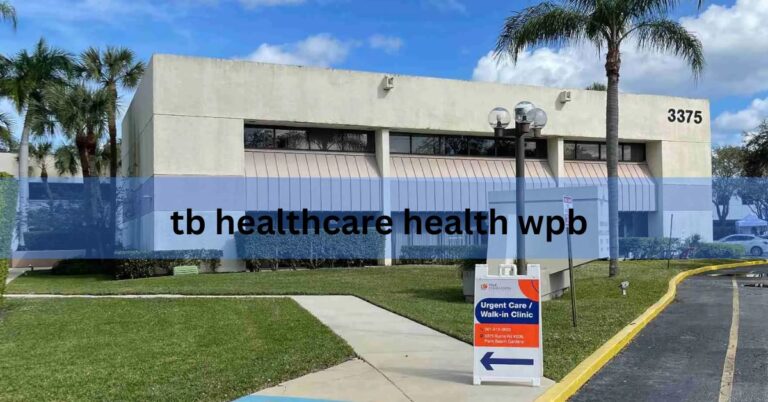Is Health Care Cheaper in McAllen, Texas – A Detailed Analysis for Patients and Policy Watchers!
In the ever-evolving landscape of American health care, the cost of services remains a critical factor influencing access, quality, and decision-making. Among the many cities that have drawn attention for their unique approach to health care pricing is McAllen, Texas—a small border town that has sparked national debates about affordability, provider practices, and systemic efficiency. But the question remains: Is health care really cheaper in McAllen, Texas?
To answer that, we must go beyond surface-level statistics and explore McAllen’s health care system in depth—evaluating its cost structures, comparing it to national and regional benchmarks, and examining the local forces that shape affordability.
Understanding the Cost of Health Care in the U.S.
Before zooming in on McAllen, it’s crucial to understand the broader health care cost trends in the United States.
National Health Expenditures
As of recent data, the U.S. spends more than $4.5 trillion annually on health care—averaging over $13,000 per person. This includes hospital services, prescription drugs, outpatient care, and administrative overhead.
Despite high spending, Americans often face:
- Expensive premiums
- High deductibles
- Unpredictable out-of-pocket costs
Thus, affordability has become a leading concern, particularly in regions with below-average income levels like McAllen.
Health Care in McAllen, Texas: A Closer Look
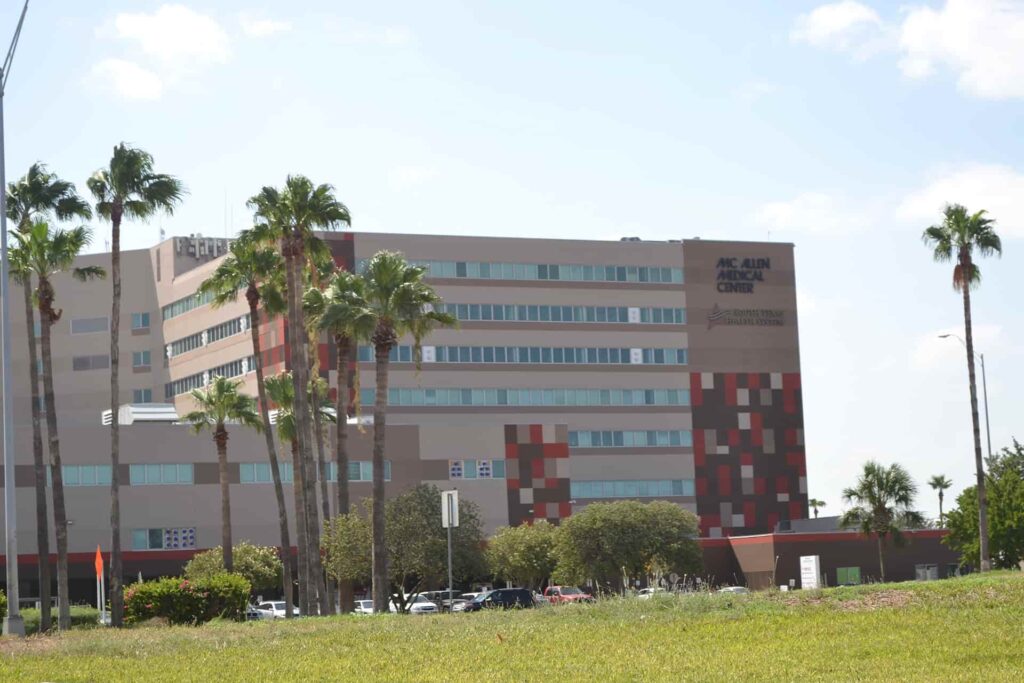
Located in the Rio Grande Valley, McAllen is home to about 150,000 residents. Historically, it’s been spotlighted for its disproportionately high Medicare spending, notably in Atul Gawande’s 2009 article in The New Yorker, which criticized the area for excessive and unnecessary care.
However, in the past decade, things have changed significantly.
Demographics and Health Needs
McAllen’s population is:
- Predominantly Hispanic (over 85%)
- Largely bilingual
- Lower-income compared to the U.S. average
- Affected by chronic illnesses such as diabetes and heart disease at higher rates
These factors shape not just health needs but also insurance coverage, access, and utilization patterns.
Comparing McAllen to Other U.S. Cities:
Direct Cost Comparison of Common Services
| Service Type | McAllen, TX (Avg. Cost) | U.S. National Avg. |
| Primary Care Visit | $75 – $110 | $120 – $160 |
| MRI Scan (Brain) | $400 – $700 | $800 – $1,500 |
| Colonoscopy | $950 – $1,200 | $1,300 – $2,500 |
| Childbirth (Without Complications) | $6,500 – $8,500 | $10,000 – $15,000 |
| Emergency Room Visit | $400 – $800 | $600 – $1,500 |
These prices reflect cash payment options for the uninsured and those with high deductibles. McAllen often provides more affordable out-of-pocket rates, especially for imaging, routine care, and diagnostic tests.
Health Insurance Premiums and Out-of-Pocket Costs:
In McAllen, premiums tend to be lower than the national average, partly due to:
- Lower cost-of-living adjustments
- Higher Medicaid enrollment
- Intense local provider competition
However, out-of-pocket costs for the insured may vary depending on the network. Many residents report more favorable rates when seeking care locally compared to traveling to Houston, San Antonio, or Austin.
Also Read: What Is Intro to Health Science – A Complete Guide for 2025!
What are the biggest health challenges in McAllen?
McAllen faces significant health challenges, including high rates of obesity, diabetes, and cardiovascular disease. These conditions are often linked to dietary habits, limited physical activity, and access to preventive care. They place a growing burden on the city’s healthcare system and public health resources.
Factors That Contribute to Lower Costs in McAllen:
1. Local Competition Among Providers
McAllen’s saturated health care market includes:
- Private clinics
- Urgent care centers
- Public health facilities
This competition forces providers to offer more competitive pricing, especially for elective and diagnostic services.
2. Medicaid Expansion and Enrollment
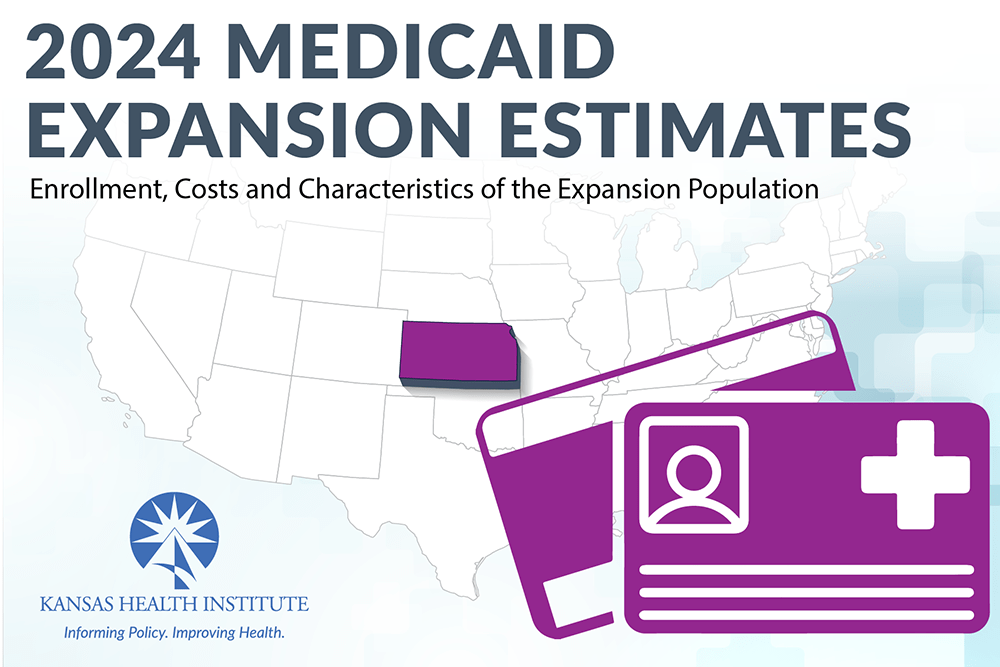
Texas has not expanded Medicaid statewide, but local and federal programs help cover a larger share of McAllen residents than other cities. Community health centers offer sliding-scale fees and enhanced access for low-income families.
3. Community Health Programs
Organizations like Su Clinica Familiar and Hidalgo County Health Department promote preventive care through:
- Immunization campaigns
- Health fairs
- Low-cost screenings
These efforts reduce emergency room dependency, cutting long-term systemic costs.
Real Voices: What McAllen Residents Say
Testimonials on Affordability
“I pay less here for blood work than I used to in Dallas, even without insurance.” – Ana R., McAllen resident
“When my mom needed an MRI, the out-of-pocket cost was almost half what we expected. We were shocked—in a good way.” – José M., Edinburg resident
Challenges Still Exist
Despite the lower costs, some residents struggle with:
- Language barriers
- Limited specialty care access
- Long wait times for certain services
Is the Care Also High Quality?
Lower costs don’t necessarily mean lower quality. McAllen hospitals like Doctors Hospital at Renaissance and Rio Grande Regional Hospital have strong patient satisfaction ratings. However, the region has also seen legal scrutiny in past years over billing practices, prompting reforms and increased transparency.
Today, efforts by South Texas Health System and other institutions focus on patient-centered models and quality metrics that prioritize outcomes over volume.
FAQ’s:
1. Is McAllen, Texas known for affordable health care?
Yes, McAllen is recognized for offering lower prices on many routine and diagnostic health services, especially compared to national averages.
2. Why was McAllen previously criticized for high Medicare spending?
In 2009, McAllen was spotlighted for overutilization of services under Medicare, but subsequent reforms and transparency efforts have improved affordability and efficiency.
3. Are imaging services like MRIs cheaper in McAllen?
Yes, imaging procedures like MRIs and CT scans are often 30%–50% cheaper in McAllen compared to other U.S. cities.
4. How do health insurance premiums in McAllen compare to national averages?
Premiums tend to be slightly lower due to the region’s cost structure, but network limitations may affect coverage options.
5. Does McAllen offer free or sliding-scale health care services?
Yes. Federally Qualified Health Centers (FQHCs) and clinics like Su Clinica provide services based on income and ability to pay.
6. Is health care in McAllen of good quality despite lower costs?
Most local facilities meet national standards, with many hospitals achieving high patient satisfaction scores and implementing quality improvement programs.
8. Are there enough doctors and specialists in McAllen?
Primary care is widely accessible, but some residents report difficulties accessing specialists due to wait times or limited local options.
9. Can non-insured individuals get affordable care in McAllen?
Yes. Many providers offer cash-pay discounts, and community clinics offer accessible pricing for the uninsured.
Closing Thoughts:
Yes—relatively speaking, health care in McAllen is cheaper for many common services, especially for cash-paying patients and those using community-based providers. While the region still faces challenges like limited specialist availability and high chronic disease prevalence, cost-conscious care is more accessible in McAllen than in many major U.S. metros.
Also Read:
